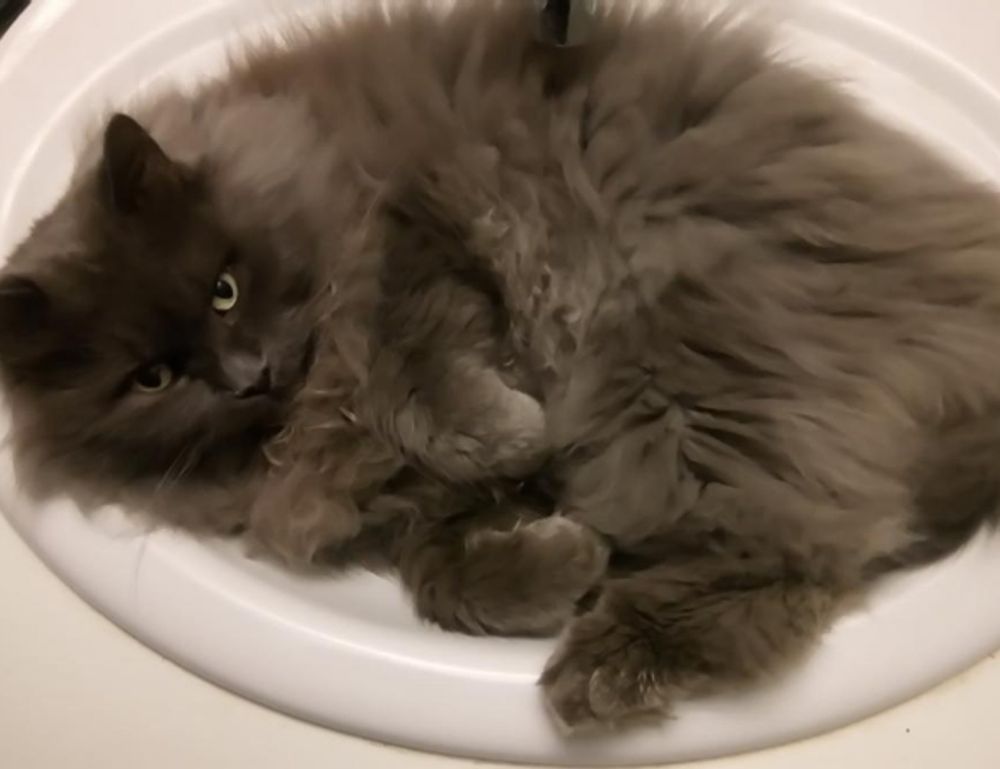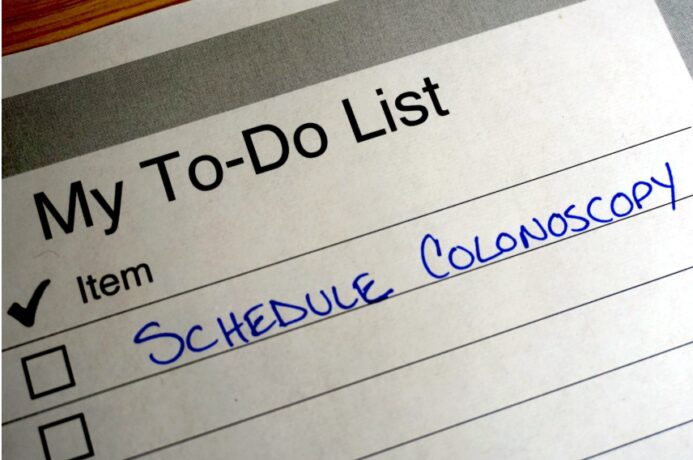
3024993450 in Data and ID Systems
Outside the caller ID context, a number like 3024993450 might serve as an internal system ID or customer tracking number. Organizations sometimes anonymize user information by assigning numerical codes, so something like this could map to an internal user file.
If you’ve been given 3024993450 as a reference number by a business or service, you’ll want to retain it for any future transactions. Always safeguard these types of IDs—they often link directly to personal information or service histories.
3024993450: Breaking It Down
First, this 10digit number fits the typical format of a phone number in the United States: 3digit area code followed by a 7digit number. If you’re seeing calls or texts from 3024993450, you might ask:
Is it spam? Is it someone I know? Should I call or block the number?
Running a reverse lookup shows that 302 is the area code for Delaware. That’s your first clue. It’s likely associated with a landline or mobile carrier from that region. But here’s the catch—just because the area code points to Delaware doesn’t confirm who’s on the other end. Scammers spoof numbers all the time, borrowing locallooking digits to appear legitimate.
Signal vs. Noise
So, what’s the real purpose of examining a number like this? It’s about control. People want to know who’s contacting them before they pick up. With robocalls flooding the networks daily, identifying a number can save your time and lower your risk.
According to various caller identification tools, 3024993450 has occasionally appeared in online listings describing it as connected to telemarketing or unverified thirdparty services. That doesn’t always mean it’s bad news—but when in doubt, don’t interact without validating.
What to Do If You Receive a Call from 3024993450
First, don’t panic. Here’s the minimalist action plan:
- Don’t answer unknown numbers until you’ve verified their legitimacy.
- Check voicemails — legit calls usually leave one.
- Use a reverse phone lookup from a credible service.
- Report the number if it’s malicious. The FTC has a simple complaint tool for this.
Your goal is to minimize distractions and reduce access points for fraud or spam. Filtering out rogue numbers is like noisecancellation for your everyday life.
Don’t Trust, Just Verify
The rule with modern communication: trust takes a backseat to verification. It’s not paranoid—it’s optimized. Numbers like 3024993450 often appear with no explanation, and your only job is to make sure they’re safe and real. Fast phone number lookups, consumer reports, and simple logic help you avoid noise.
If the number contacts you and makes demands—payment, personal info, or urgent followup—treat it with extra skepticism. Good actors don’t rush. Scammers do.
Final Thoughts
The mystery around 3024993450 represents a bigger cultural shift: we’re all gatekeeping our attention. One random number isn’t the end of the world, but it can say a lot about digital hygiene and how we manage our connections.
Bottom line? Stay aware. Validate first. And keep useful numbers saved once they prove trustworthy. If not, block and move on. Your time is worth that filter.



